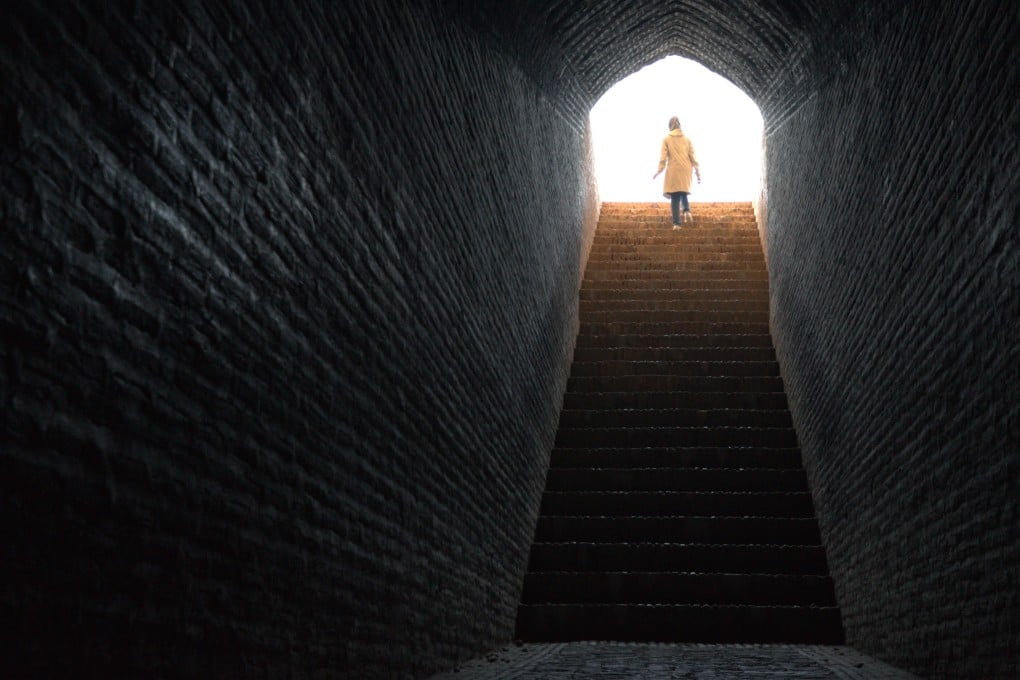Why change can be good for your mental health – despite feeling overwhelming, painful and hard
How do you turn and face the strange? In her own life, psychologist Esslin Terrifghena explores why change is so difficult – and how to take the leap

I was sitting in my Hong Kong therapy room, staring into the darkness of a rainstorm. As per standard black-rain protocol, my colleagues had stayed home. Every one of my clients had cancelled. Alone in the empty clinic, listening to the muffled drumming of water against the floor-to-ceiling windows, I asked myself, “Am I happy with what I am doing in life?” A few hours later, I resigned. A couple of days later, I gave notice on my rental home. And a year on, I’ve come to realise this was the best thing I could have done.
The beginning of a new year brings reflection and, famously, New Year’s resolutions. Maybe we want to eat healthier, exercise more, or finally start that hobby. A Hong Kong YouGov survey showed the most popular resolutions for 2024 related to finances, travel, relationships, health and exercise. As most gym owners know, our resolve goes strong for January, tapers off in February and, by March, we are back in the same old rut. The statistics can be pretty dire: some estimate that more than 90 per cent of adults do not follow through on their resolutions. Sustainable transformation is hard.

It doesn’t really matter if we want to focus on small improvements in our lives or need a whole system overhaul, the process is somewhat the same. Things need to happen step by step – and the first step is the courage to jump into the unknown. The tiniest changes can feel overwhelming, so it’s not unusual to drag things out, even when we aren’t happy. My decision to make such a significant move had been a long time coming, but I’d tried to push it away. Why? Familiarity is comfortable.
It was the end of 2023: six months after Hong Kong had lifted the 945-day mask mandate. Three years of anxiety, stress and grief. Countless studies document the surge in mental-health issues during the pandemic, especially mood, anxiety and post-traumatic stress disorders. It was an era we have since somehow stopped thinking about, even though it left such lasting effects on our mental health.
Many of us have been pushing on, staying afloat by any means necessary. Lingering mental-health pressures remain unresolved. We have been waiting for things to “go back to normal” so we could take charge of our lives again. Inevitably though, what followed the pandemic was not that things went back to how they were before, but rather, things had changed. We had changed.
In any given moment we have two options: to step forward into growth or step back into safety
Change is inevitable. Our experiences weave into the narrative of our life stories and in that sense, we never truly stand still, even when we are feeling stuck. We might be in a difficult relationship, but the prospect of being alone is frightening. Or we’re working long hours in a job that is slowly crushing our soul, but the pressure of paying our bills feels all-engulfing. Perhaps we don’t really know what would actually make us happier. Maybe we don’t want to rock the boat.
